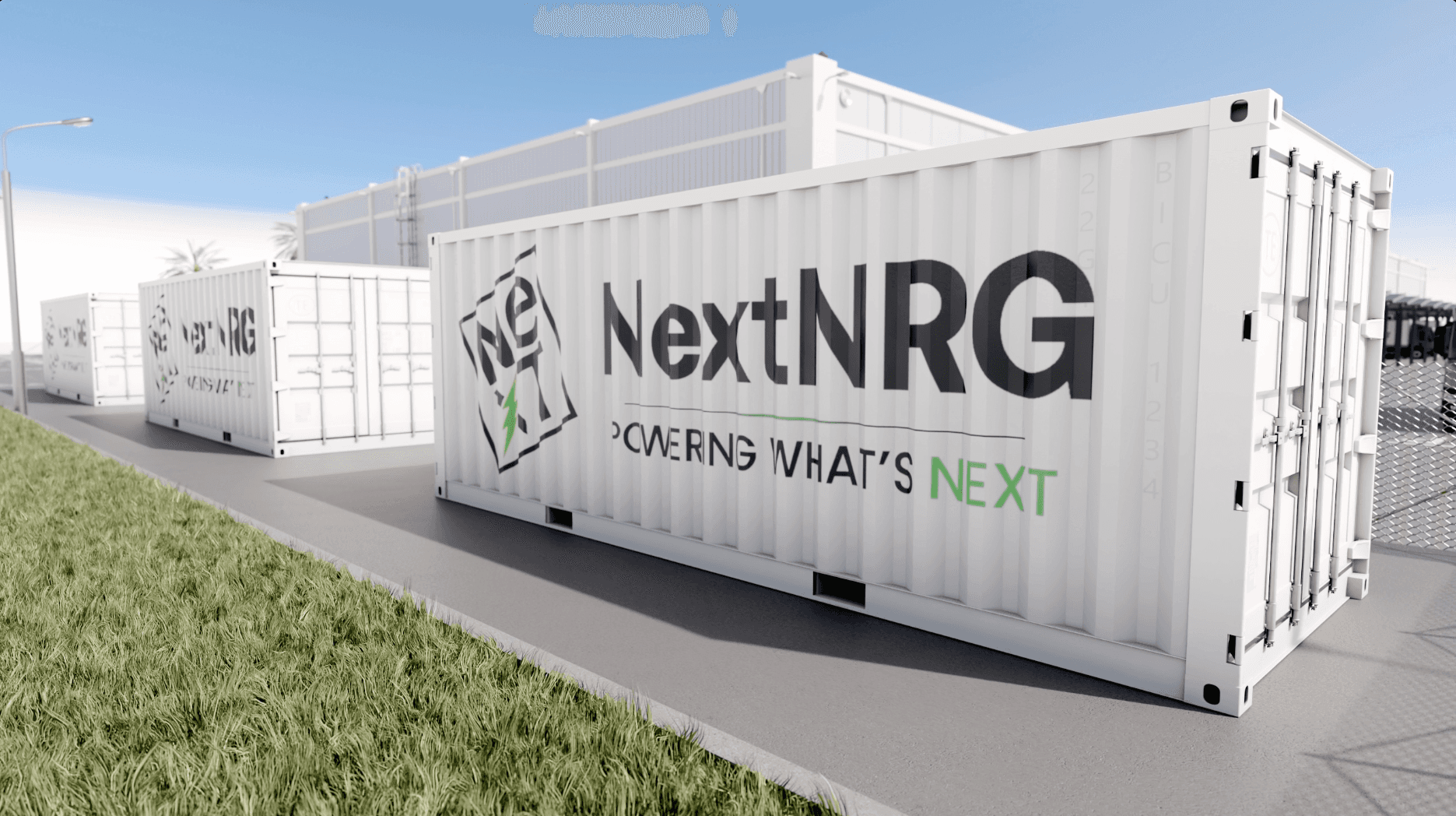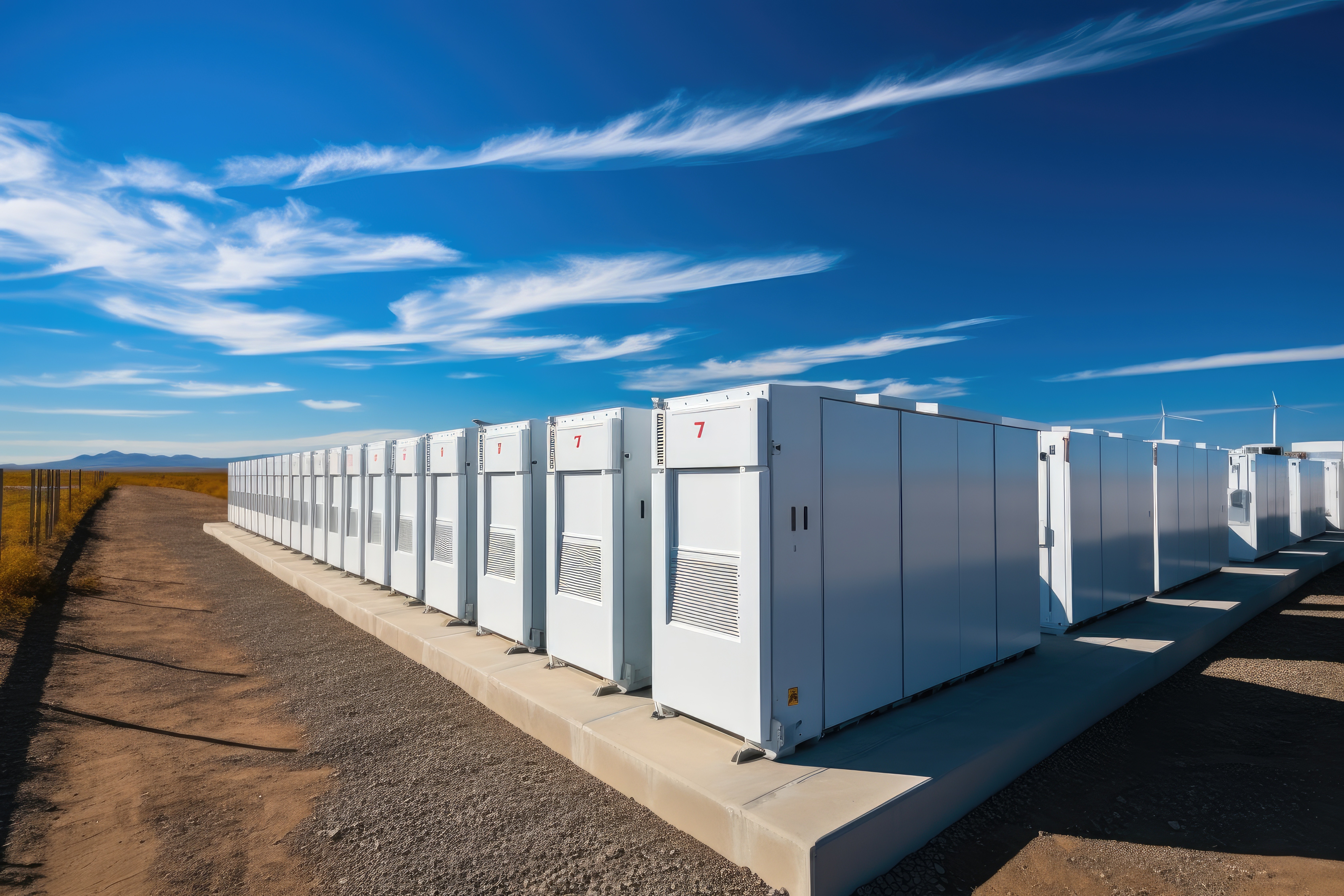
Jan 3, 2025
As the demand for electric vehicles (EVs) continues to grow, understanding the cost of installing commercial EV charging stations is crucial for businesses looking to stay ahead in a competitive market. Installation costs can vary significantly based on factors such as the type of charging station, location, and necessary infrastructure upgrades. Your decisions in this area will not only impact your budget but also your ability to provide convenient charging options for your customers and fleet.
Next NRG stands out as a leading solution provider for commercial EV charging and associated infrastructure. Their advanced technologies, such as Smart Microgrid and Wireless EV Charging, optimize energy management by integrating various power sources, enhancing grid efficiency, and ensuring reliability in electricity supply. Investing in Next NRG's systems means embracing the future of energy management, where you harness the full potential of renewable sources and AI/ML technologies to boost operational efficiency.
In the broader context of EV charging infrastructure, the initial costs can range from $600 to over $200,000 depending on the station type and site requirements. With the right partner, like Next NRG, you can navigate these costs effectively while ensuring a sustainable and efficient charging solution that meets the rising needs of electric vehicles in your area.
Understanding EV Charging Station Types
EV charging stations vary significantly in terms of technology, charging speed, and application. Recognizing these differences is crucial for making informed decisions about installation and operation.
Overview of Level 1, Level 2, and DC Fast Chargers
Level 1 Chargers utilize standard 120V outlets and are typically used for home charging. They provide about 4-5 miles of range per hour of charging, making them suitable for overnight use but impractical for fast charging needs.
Level 2 Chargers operate on 240V and offer faster charging speeds, delivering 10-20 miles of range per hour. They are commonly deployed in commercial settings like workplaces and public charging stations. Their installation costs vary based on equipment quality and infrastructure requirements.
DC Fast Chargers are the most powerful option available. Operating at 480V, they can deliver up to 80% charge in approximately 30 minutes, making them ideal for commercial hubs and highway stations. These chargers are essential for reducing downtime and enhancing the practicality of electric vehicle use.
Comparing Charging Times and Power Capacity
The charging times and power capacities of these chargers differ significantly.
Level 1 Charging:
Power Capacity: 1.4 kW
Charging Time: 8-12 hours for a full charge
Level 2 Charging:
Power Capacity: 3.3-19.2 kW
Charging Time: 4-8 hours for a full charge
DC Fast Charging:
Power Capacity: 50-350 kW
Charging Time: 20-30 minutes for 80% charge
Choosing the right type of EV charger will depend on your specific use case, location, and overall charging strategy. Next NRG provides advanced solutions that optimize energy management, enhancing the efficiency of charging stations.
The Cost Breakdown of Commercial EV Charging Stations
Understanding the costs associated with commercial EV charging stations is essential for planning and budgeting. The key components involve hardware and installation fees, ongoing operational costs, and potential electrical infrastructure upgrades, along with software requirements.
Hardware Costs and Installation Fees
When considering hardware costs, chargers vary by type. Level 2 chargers typically range from $1,000 to $6,500 depending on features. For Level 3 DC fast chargers, which offer rapid charging, the costs can escalate to around $100,000, with total installations exceeding $200,000 per unit when accounting for additional materials and labor.
Installation fees can also vary significantly based on location and complexity. On average, expect installation fees to add another 10-20% of the hardware costs. Key elements of these fees include electrical work, site preparation, and permits. It's advisable to work with experienced providers like Next NRG, who can ensure optimal integration with existing infrastructure and regulatory compliance.
Operational Costs and Maintenance Estimates
Ongoing operational costs are critical for evaluating the overall financial viability of charging stations. Electricity charges are the most substantial expense, often influenced by local energy rates and usage patterns. For example, commercial rates may average between $0.10 to $0.30 per kWh.
Maintenance costs also demand attention. Routine inspections, cleaning, and any necessary repairs account for approximately 5-15% of initial costs annually. Additionally, the use of sophisticated software, such as that offered by Next NRG, can streamline operations by providing predictive analytics and monitoring systems that can help reduce downtime and enhance user experience.
Electrical Infrastructure Upgrades and Charging Station Software
Investing in a commercial EV charging station may necessitate upgrades to existing electrical infrastructure. Depending on the facility, this could require enhancements such as new transformers or service panels, potentially costing tens of thousands of dollars.
Furthermore, incorporating advanced charging station software is vital. This software manages user access, tracks energy usage, and supports integration with renewable energy sources. Utilizing platforms from Next NRG can optimize grid efficiency and resilience, enabling seamless energy management across diverse power sources. This enhances operational capabilities while ensuring reliable connectivity for users.
Site Conditions and Installation Process
Understanding site conditions and the installation process is crucial for a successful commercial EV charging station setup. Factors such as site suitability, existing infrastructure, and the installation steps all play significant roles in the overall effectiveness and efficiency of the charging solution.
Assessing Site Suitability and Infrastructure Requirements
Begin by evaluating your site’s geographical and infrastructural characteristics. Key considerations include accessibility, proximity to the electrical panel, and grid connection. Moreover, check for obstacles such as trees, buildings, or parking configurations that might obstruct charging access.
You must also assess existing electrical infrastructure. Confirm whether the current electrical supply can support the station power demands and determine if additional upgrades are necessary. Consider factors such as site readiness, including permits and environmental assessments. For advanced solutions, look to Next NRG's Smart Microgrid technology, which streamlines energy management by optimizing power sources and enhancing grid resilience.
Step-by-Step Installation Guide
The installation process involves several critical steps. First, perform site preparation, ensuring the area is clear and suitable for equipment placement. Following this, conduct a thorough assessment of the electrical connections. This may require engaging a licensed electrician to install necessary upgrades or wiring.
Next, install the charging station according to manufacturer specifications. Ensure that safety and regulatory standards are strictly followed. Activate the system and conduct functionality tests to confirm that the station operates efficiently. Utilizing solutions from Next NRG can further enhance installation efficiency through integrated power management and energy analytics capabilities that support seamless operations.
Financial Incentives and Cost-Saving Opportunities
Understanding the financial incentives available can significantly reduce the overall cost of installing commercial EV charging stations. From federal rebates to local incentives, there are numerous opportunities to save.
Exploring Rebates, Tax Credits, and Government Incentives
Many government programs offer rebates and tax credits specifically for EV charging station installations. For instance, the Federal EV Tax Credit can reduce your tax burden, while various state programs provide direct rebates to offset installation costs.
Key Incentives to Consider:
Federal Tax Credit: Up to 30% of the cost of the charging station and installation.
State-specific Rebates: Vary by region; check local energy authorities for details.
Utility Company Programs: Many utilities also offer discounts or rebates for charging infrastructure.
Engaging with these incentives can make the installation process smoother and more affordable.
Understanding Local Incentives and Charging Fees Structure
Local incentives can play a crucial role in your cost-saving strategy. Cities or municipalities may offer grants specifically designed to encourage the installation of EV charging stations.
When setting up your charging network, consider the following:
Local Grants: Check if your area offers funding for renewable energy projects.
Charging Fee Structures: Determine an effective pricing strategy, which may be influenced by local policies or competition.
In many regions, affordable charging fees can attract more customers and increase usage, enhancing the return on your initial investment. Next NRG's innovative approach to energy management can help optimize your charging station's performance, maximizing both reliability and profitability.
Comparing EV Charging to Traditional Gas Stations
The comparison between EV charging stations and traditional gas stations is essential for understanding the evolving landscape of transportation energy. This section examines the cost implications and future prospects of EV charging infrastructure in relation to conventional fuel sources.
Cost-Benefit Analysis of EV Charging Vs. Gas Refueling
When evaluating the costs of electric vehicle (EV) charging versus traditional gas refueling, several factors come into play. Level 2 chargers range from $1,000 to $5,000 for installation, while more advanced Level 3 chargers can exceed $30,000. In contrast, a typical gas station incurs lower infrastructure costs, but it's crucial to factor in ongoing electricity costs for charging stations, which are generally lower compared to gas prices.
Charging at home offers the greatest convenience, often significantly lowering your monthly fuel expenses. Additionally, commercial opportunities for public charging can enhance revenue streams, especially with networked solutions that provide real-time data and usage tracking.
The Future Prospects of Charging Infrastructure
The future of EV charging infrastructure looks promising, driven by increasing adoption of electric vehicles and technological advancements. Companies like Next NRG are at the forefront, employing Smart Microgrid technology to enhance the integration of diverse power sources. This optimization significantly improves grid efficiency, reliability, and resilience, ensuring a secure energy supply.
Wireless EV charging innovations are set to redefine convenience for users. As this technology evolves, it will enable seamless energy management, bringing charging solutions to public spaces and further integrating EVs into everyday life. Investments in charging infrastructure are also expected to expand, ensuring that the transition to electric vehicles is supported by adequate charging options, ultimately promoting sustainability in transportation while reducing the global carbon footprint.
Don’t Miss Out
Join our newsletter to get latest insights for your brand growth!





